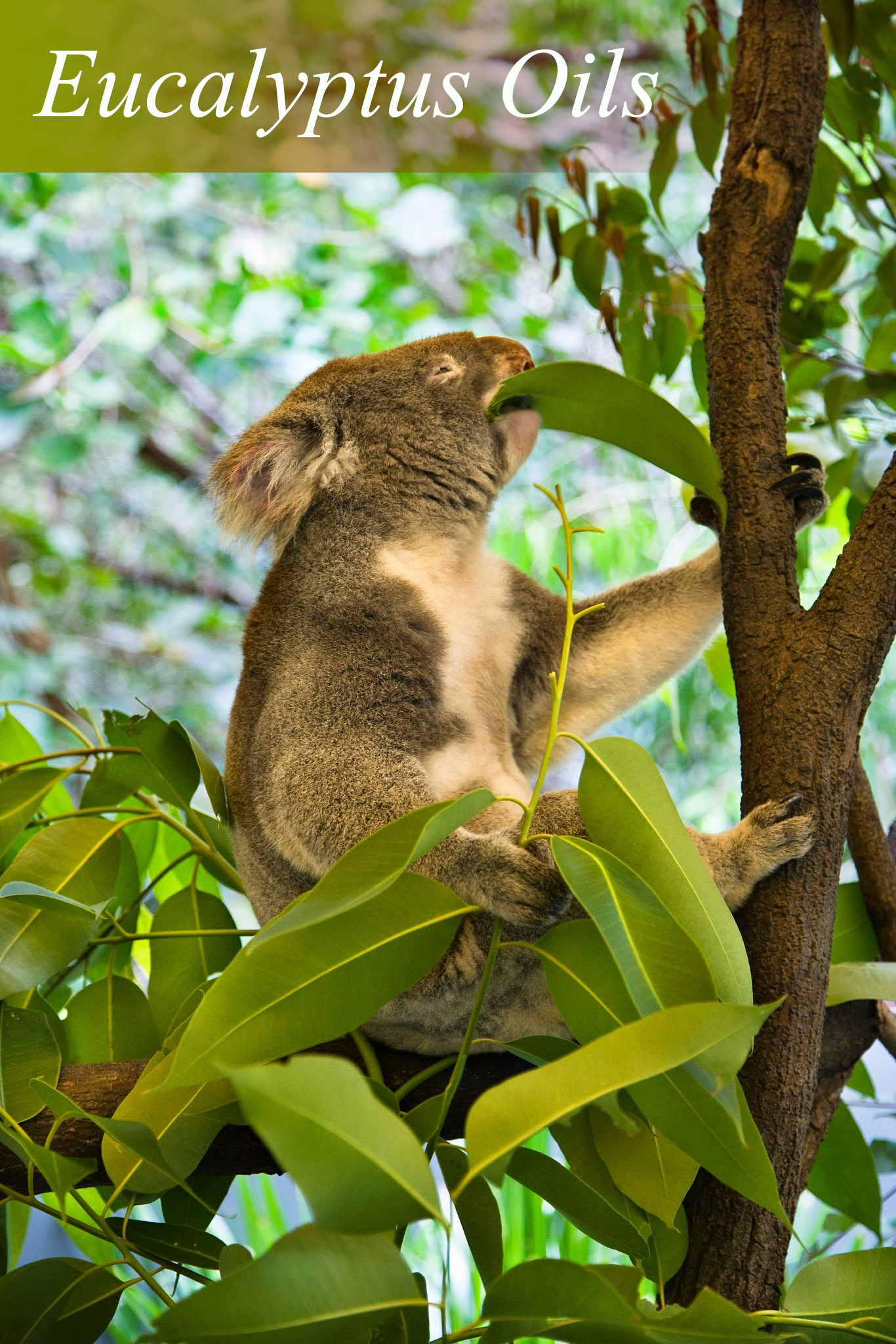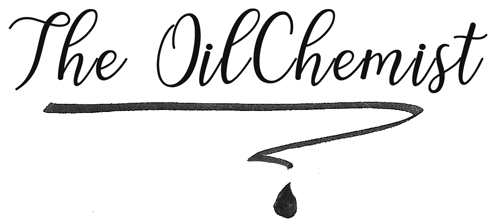
Eucalyptus trees, although mostly native to Australia, are now found all over the world due to worldwide cultivation. Used copiously by Australian Aborigines for most maladies in their villages, eucalyptus is a potent antibacterial, antispasmodic and antiviral agent. Like clove essential oil, eucalyptus has a profound effect on staph infections. Research has shown that when Staphylococcus aureus came into contact with eucalyptus essential oil , the bacteria completely lost viability within just 15 minutes of interaction!
Although there are hundreds of species of eucalyptus trees ( sources vary from 600-900 species,) only about 20 or so are used commercially. Out of those 20, only a handful are commonly used for essential oil production.
To produce the incredibly fragrant and remarkably therapeutic eucalyptus oil that we know, distillers typically steam distill the leaves and twigs of the particular variety and this process can also produce a beautiful eucalyptus hydrosol after the oil has been collected.
Qualities of the varieties of Eucalyptus Essential Oils
1. Eucalyptus Globulus ( “crude” or “authentic” ).
The intense camphor and “woody” scent of the globules essential oil is one we often turn to at the first sign of a cold or flu.
The high concentration of oxides including 1,8-cineole makes it particularly effective at supporting and aiding the respiratory system and boosting the immune system. It acts as both an expectorant and mucolytic ( making the mucus less thick and easier to expel,) as it has anti-inflammatory effects on the bronchial tubes which helps decrease coughing and shortness of breath.
Eucalyptus globulus is also a great antiseptic thanks to both its oxide and monoterpene content and is widely used in steam blends, diffusers and personal inhalers.
The “ authentic” or “crude” subtitle to this variety means that it is not rectified , i.e..it has not been re-distilled to boost the 1,8-cineole and thereby lose other chemical components. These authentic version should have a medicinal , woody and penetrating aroma with green notes.
2. Eucalyptus Radiata.
This oil is fresher and lighter than the Globulus variety. It has an even higher content of 1,8-cineole ( 65-80%) making it powerful in aiding respiratory ailments and reducing unwanted microbes including bacteria, fungus and viruses.
The monoterpene, limonene is what gives it an immune strengthening quality too.
The monoterpenol content makes it useful for muscle spasms especially when applied topically with a carrier oil.
The fresh camphor aroma makes it particularly beneficial for mental clarity. This uplifting and emotionally strengthening property makes it very powerful oil to use in a diffuser.
3. Eucalyptus Dives.
Again a strong camphor smell but with a slightly minty scent. Also known as broad-leaf or blue peppermint due to its high ketone and monoterpene content.
Like all the eucalyptus oils it has a respiratory and decongestant support but it also used to help muscle pain and inflammation as its warming and soothing effect helps circulation. Thus it is added to formulas for soothing arthritis, rheumatism, sprains and even headaches.
Known like Radiata to be great for mental clarity it can also encourage motivation in times of increased exhaustion.
4. Eucalyptus Citriodora.
The aldehyde, Citronella makes up 64-89% of this oil and this is what makes it not only beneficial to the respiratory system like the other eucalyptus oils but also the nervous system. It is a phenomenally calming and relaxing oil.
The citronella content what has made it famous as a bug repellent and it is also the fresh, citrus lemony smell that makes it used widely in the perfume industry.
When used in a diffuser it is known to cleanse, freshen and clear the space.

Eucalyptus Oil Safety Guidelines.
All of the eucalyptus oils mentioned are strong and potent by their very nature, and as such we need to have safety guidelines for using this powerful oil:
1. Not to be used on or near the faces of children under 10 year of age.
2. Care must be taken with asthmatics.
Although research has shown that it can help with bronchial asthma, it has also shown that it can potentially trigger and asthma attack.
3. Some eucalyptus oils will act as an antidote ( i.e counteract ) homeopathic remedies.
4. Skin sensitivities must always be taken into account especially with Eucalyptus Citriodora as the high citronella content means it should not be applied in above a 3% solution.
A patch test for sensitivities with all the varieties is recommended.
5. Eucalyptus is considered to be toxic to cats, so be aware of this when using around your feline fur-babies!
Recipes.
Eucalyptus Globulus Inhaler
5 drops of Eucalyptus Globulus E.O
5 drops of Lemon E.O
5 drops of Fragonia E.O
1 blank inhaler with organic cotton wadding.
Eucalyptus Radiata Rub
9 drops of Pinyon Pine E.O
3 drops of Eucalyptus Radiata E.O
4 drops of Mandarin ( Green) E.O
2 drops of Cypress E.O
25ml of lotion- unscented
25-30ml glass jar
Eucalyptus Dives Lymph Massage Oil
5 drops of Cedarwood E.O
5 drops of Mastic E.O
5 drops of Eucalyptus Dives Oil
5 drops of Lemon Oil
25 oz of lotion/ carrier oil unscented
25-30mg glass jar
Eucalyptus Citriodora Bug Spray
10 drops of Eucalyptus Citriodora E.O
10 drops of Patchouli E.O
10 drops of Cedarwood E.O
50ml of Peppermint Hydrosol
50-60ml glass bottle with spray cap.
Conclusion
We can see from the wide variety of the chemical composition table that eucalyptus essential oil would have a wide variety of therapeutic uses and applications.
In all its forms it is a strong top to middle note with a fragrance that can be woody, lemony, minty and earthy. It is overall wonderful for many forms of respiratory ails but also has the anti-inflammatory muscular benefits and is also used in cosmetics and household applications.
The trees are tall and majestic. The aroma wants to release itself very easily so even taking some cuttings from the branches and hanging them by your shower or in your sauna does release the oil and uplifts the whole experience.
It is versatile and good value for money and is in most peoples homes in one form or another, even though it must be used with respect to its contraindications.
